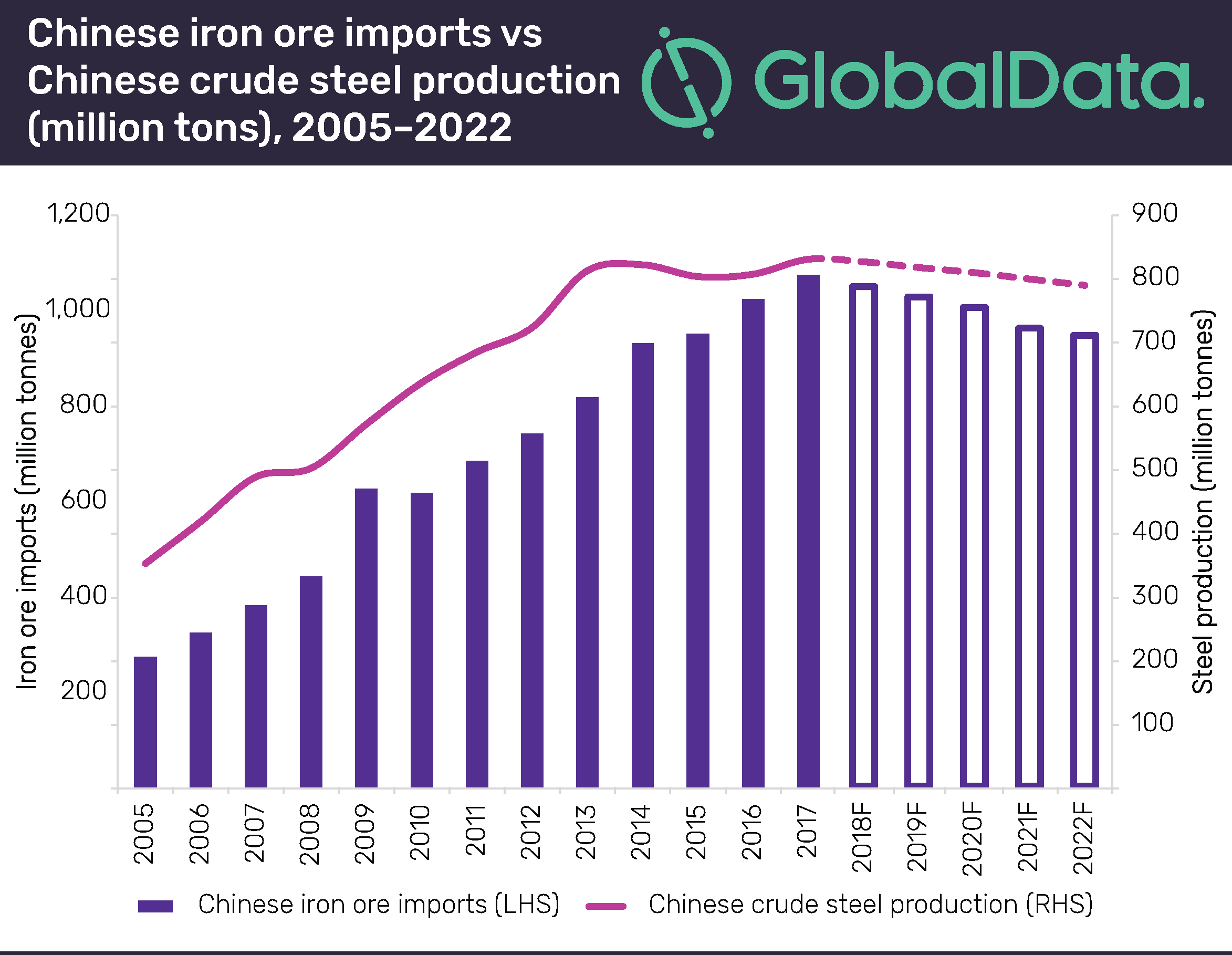The Auto Industry's Ongoing Battle Against Electric Vehicle Requirements

Table of Contents
High Upfront Costs and Investment Challenges
Meeting the growing demand for EVs and complying with increasingly strict electric vehicle requirements necessitates substantial investments. This presents a significant hurdle for automakers, both large and small.
R&D and Manufacturing Infrastructure
Developing electric vehicle technology requires massive investment in research and development (R&D), as well as significant upgrades to existing manufacturing facilities. This includes:
- New battery production lines and assembly processes: Building the capacity to produce high-quality EV batteries at scale demands considerable capital expenditure and advanced technological expertise. This includes investments in battery cell manufacturing, pack assembly, and testing facilities.
- Investment in charging infrastructure technology: Automakers are increasingly investing in and partnering with companies developing charging infrastructure, recognizing that a robust charging network is essential for widespread EV adoption. This includes fast-charging stations, home charging units, and smart charging technologies.
- Training workforce on new EV technologies: The transition to EVs requires a skilled workforce capable of designing, manufacturing, and servicing these vehicles. Automakers are investing heavily in training programs to upskill their existing employees and attract new talent with expertise in electric motor technology, battery management systems, and software engineering.
Supply Chain Disruptions
Securing a consistent supply of raw materials for EV batteries is proving exceptionally challenging, creating production bottlenecks and price volatility. Key challenges include:
- Geopolitical instability impacting raw material sourcing: The sourcing of critical raw materials like lithium, cobalt, and nickel is often concentrated in a few politically unstable regions, creating significant supply chain risks. This exposes automakers to geopolitical factors that can disrupt production.
- Competition for scarce resources: The rapidly growing demand for raw materials needed for EV batteries is driving up prices and creating competition among various industries. Securing sufficient quantities of these materials at a competitive price is a major concern for automakers.
- Concerns over ethical sourcing of materials: Growing consumer awareness of ethical and environmental concerns related to mining practices is putting pressure on automakers to source materials responsibly and sustainably. This requires careful due diligence and supply chain transparency.
Consumer Adoption and Market Demand
Despite growing awareness and government incentives, several factors are hindering widespread consumer adoption of EVs, creating pressure on automakers to address these concerns to meet electric vehicle requirements.
Range Anxiety and Charging Infrastructure
Concerns about limited driving range and the availability of public charging stations remain major barriers to widespread EV adoption. Overcoming "range anxiety" requires:
- Need for widespread, reliable fast-charging networks: Expanding the network of fast-charging stations along major highways and in urban areas is crucial to alleviate concerns about range and charging times. This requires significant investment in infrastructure and grid upgrades.
- Addressing consumer anxieties regarding range and charging times: Educating consumers about the real-world range of EVs, the convenience of home charging, and the expanding charging infrastructure is essential to address range anxiety.
- Improving battery technology for extended range: Continuous research and development in battery technology are critical to increasing the driving range of EVs and reducing charging times. Solid-state batteries and other advanced technologies hold the promise of significant range improvements.
Price Point and Affordability
The higher upfront cost of EVs compared to gasoline-powered vehicles presents a significant barrier, particularly for budget-conscious consumers. Increasing affordability requires:
- Government incentives and subsidies needed to stimulate demand: Government policies, such as tax credits, rebates, and subsidies, are vital in making EVs more affordable and attractive to a wider range of consumers.
- Development of more affordable EV models: Automakers are working to develop more affordable EV models to broaden market access. This includes focusing on smaller, more efficient vehicle designs and utilizing less expensive battery chemistries.
- Exploring innovative financing options: Innovative financing options, such as leasing programs and battery subscription models, can make EVs more accessible to consumers who may not be able to afford the high upfront purchase price.
Regulatory Hurdles and Policy Uncertainty
Navigating the complex and often inconsistent regulatory landscape surrounding EVs is a significant challenge for automakers.
Varying Regulations Across Regions
Different countries and regions have varying EV mandates and regulations, making it difficult for automakers to create a unified global strategy. This leads to:
- Navigating diverse emission standards and compliance requirements: Automakers must comply with a patchwork of emission standards and regulations, requiring them to adapt their vehicle designs and manufacturing processes for different markets.
- Uncertainty surrounding future regulations and policy shifts: The rapidly evolving regulatory landscape introduces uncertainty for automakers, making long-term planning and investment decisions challenging.
- Need for standardized global regulations: A greater degree of harmonization and standardization of global EV regulations would significantly reduce compliance costs and streamline the industry's efforts.
Balancing Environmental Goals with Economic Viability
The rapid shift to EVs needs to be balanced with the need to maintain economic stability within the automotive sector and avoid job losses. This necessitates:
- Support for retraining programs for workers in the traditional automotive industry: Governments and automakers need to invest in retraining programs to help workers in the traditional automotive industry transition to new roles in the EV sector.
- Government assistance to help automakers adapt and transition: Government support, such as tax breaks, grants, and loan guarantees, can help automakers finance the transition to EV production and avoid potential bankruptcies.
- Finding a sustainable balance between environmental protection and economic growth: A successful transition to EVs requires a carefully planned approach that balances environmental protection goals with the economic needs of the automotive industry and its workforce.
Conclusion
The automotive industry’s battle against increasingly stringent electric vehicle requirements is far from over. The challenges are substantial, encompassing high upfront investment costs, consumer adoption hurdles, and navigating complex regulatory landscapes. Successfully navigating this transition requires a collaborative effort between automakers, governments, and consumers. Addressing the concerns regarding costs, infrastructure, and policy uncertainty is crucial to ensuring a smooth and successful transition to a future dominated by electric vehicles. Understanding the nuances of electric vehicle requirements and related policies is vital for both the industry and consumers to embrace the future of sustainable transportation. Let's work together to overcome these challenges and accelerate the adoption of EVs.

Featured Posts
-
 Letartoztattak Floridaban Egy Transznemu Not A Noi Mosdo Hasznalataert
May 10, 2025
Letartoztattak Floridaban Egy Transznemu Not A Noi Mosdo Hasznalataert
May 10, 2025 -
 Falling Iron Ore Prices The Effect Of Chinas Steel Production Reduction
May 10, 2025
Falling Iron Ore Prices The Effect Of Chinas Steel Production Reduction
May 10, 2025 -
 Why Middle Managers Are Essential For Company Success And Employee Well Being
May 10, 2025
Why Middle Managers Are Essential For Company Success And Employee Well Being
May 10, 2025 -
 Growth Opportunities A Map Of The Countrys Rising Business Hubs
May 10, 2025
Growth Opportunities A Map Of The Countrys Rising Business Hubs
May 10, 2025 -
 Pam Bondi On Epstein Diddy Jfk And Mlk Documents Release Imminent
May 10, 2025
Pam Bondi On Epstein Diddy Jfk And Mlk Documents Release Imminent
May 10, 2025
